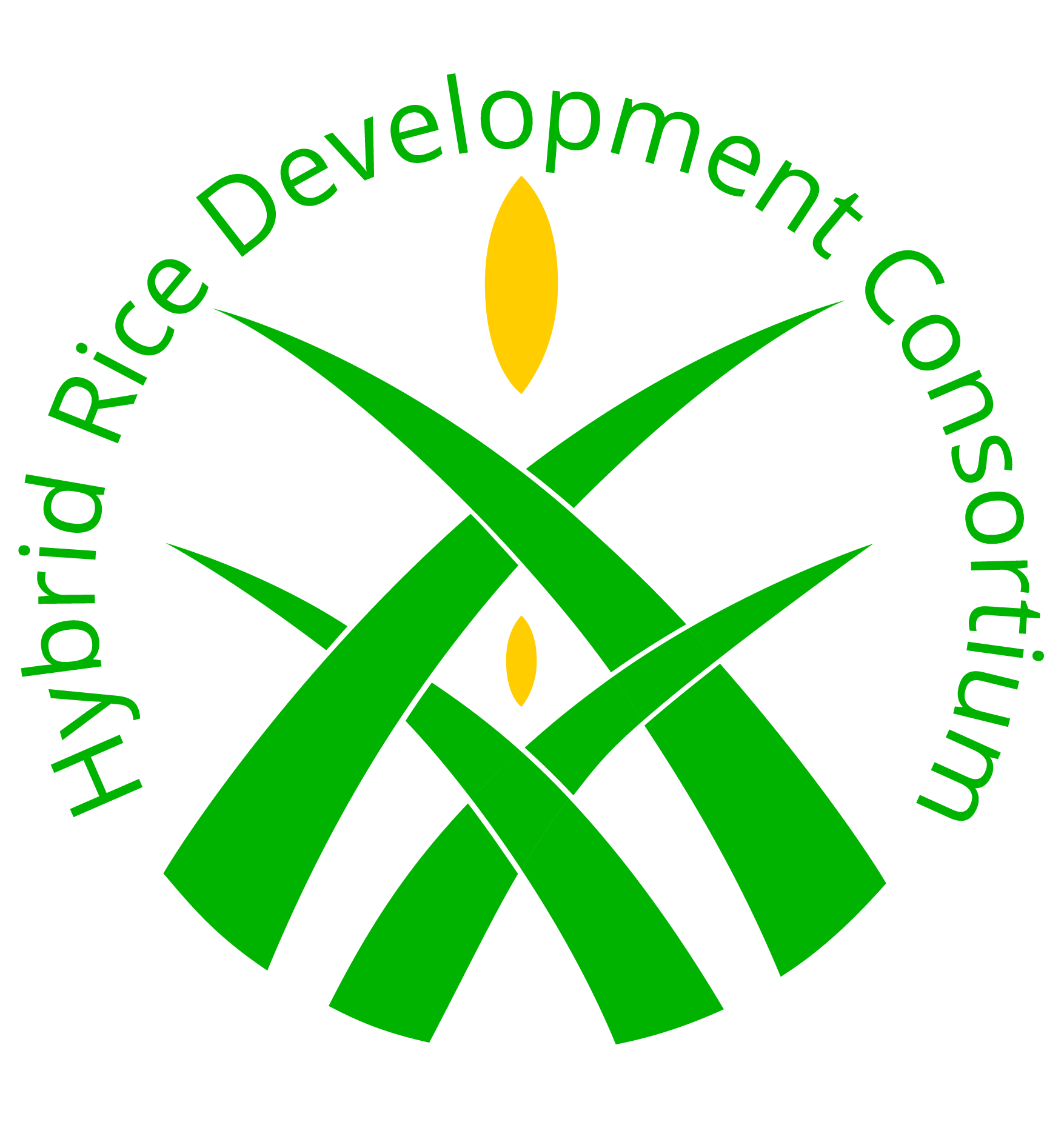By 2020, the Philippines could be self-sufficient in rice. But with shrinking lands, climate change, and other challenges, the plan to be self-sufficient by 2020 can only be fulfilled by using modern agricultural strategies like hybrid rice. Learn more about IRRI’s work on hybrid rice.
Other news items
IRRI scientist and HRDC head Jauhar Ali a key speaker and panelist at 2nd Indian Rice Congress
Dr. Jauhar Ali, lead scientist of the International Rice Research Institute (IRRI) and head of the Hybrid Rice Development Consortium (HRDC), will deliver a talk and take part in a high-level panel for the 2nd Indian Rice Congress, to be held this 11-14 February 2023...
The hybrid alternative for Africa
Developing the hybrid rice technology capacity of national partners, farmers, nongovernment organizations, and the private sector is a major component of the AfricaRice strategy. During the week-long Hybrid Rice Class Technology Forum, the DA established the...
DA encourages farmers in Ilocos Norte to use hybrid rice
LAOAG CITY (PIA) – The Department of Agriculture (DA) is promoting the use of hybrid rice varieties to farmers in Ilocos Norte to help them increase their yield and crop value. During the week-long Hybrid Rice Class Technology...
HRDC 2022 Annual Meeting in Pictures
The Hybrid Rice Development Consortium (HRDC) had a very successful 3-day Annual Meeting last September 21-23 at IRRI Headquarters in the Philippines. Public and private partners from around the world came together virtually and face-to-face to meet, discuss, plan,...
IRRI partners with Tao Commodity Trader, Inc. for a Limited Exclusivity Agreement to commercialize elite HRDC hybrid varieties
The International Rice Research Institute (IRRI) continues to build partnerships with private sector partners to bring innovative and beneficial agricultural technologies to more and more farmers. Read more
